Category: Heart Failure
Articles about Heart Failure in the Terminal Stage including caregiver tips and instructions for comfort care.
Articles about Heart Failure in the Terminal Stage including caregiver tips and instructions for comfort care.
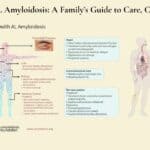
AL amyloidosis is an uncommon yet severe condition that impacts various organs. This detailed guide provides essential information for patients and their families regarding symptoms, disease progression, treatment options, and the timing of considering hospice care for their loved one.
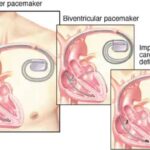
Learn about the differences between pacemakers and ICDs, their functions, and the implications for patients and caregivers. Discover why pacemakers should stay on, and ICDs should be turned off at the end of life for comfort and dignity.
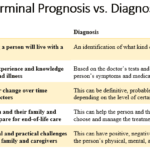
When a loved one is diagnosed with a terminal illness or a progressive disease, it can be a daunting and overwhelming experience for families and caregivers. Understanding the terms and concepts associated with these conditions is essential to providing the best possible care and support. This article aims to clarify the complex journey of terminal illnesses and progressive diseases, offering guidance and compassion to those navigating this challenging path.
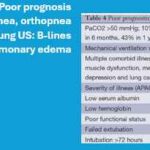
Dive into our in-depth analysis of CHF and COPD exacerbations. These critical events shape patient outcomes through expert insights and compelling case studies. Discover strategies for managing expectations and improving quality of life in the face of chronic illness.
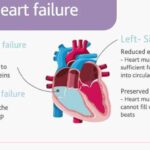
Dealing with a loved one's heart failure can be overwhelming, but with the right knowledge and support, you can provide the best care possible. This guide aims to help families understand what heart failure is, what changes to expect in their loved one's condition, and how to provide compassionate care throughout the journey, from onset to end-of-life.

Heart failure is a complex medical condition that can impact the quality of life of patients, especially those in hospice care. As a hospice nurse, assessing the heart failure stage is crucial to providing appropriate care accurately. This article will explore the New York Heart Failure Classification System, its stages, and how to assess patients for their stages. Additionally, we will emphasize the importance of documentation in compliance with Medicare guidelines for terminally ill patients with heart failure.